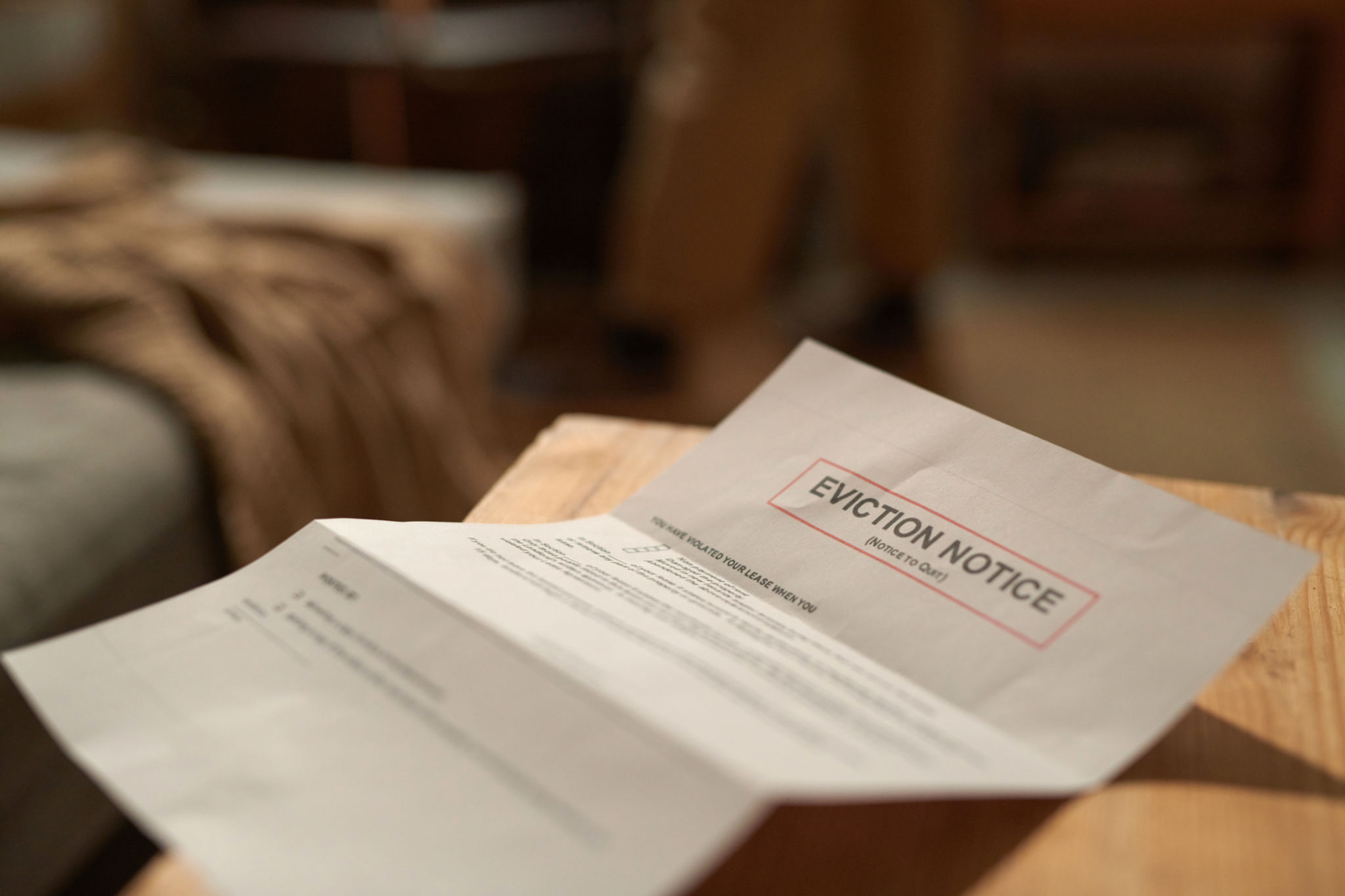Navigating Eviction Support in Philadelphia: What Landlords Need to Know
Understanding the Basics of Eviction in Philadelphia
In Philadelphia, navigating the eviction process can be complex for landlords. Understanding the legal framework and the available support options is crucial to ensure compliance with local laws. As a landlord, it's important to familiarize yourself with the Philadelphia Eviction Diversion Program and other local regulations that impact your rights and responsibilities.

The Philadelphia Eviction Diversion Program
The Philadelphia Eviction Diversion Program is an essential resource for landlords. It was established to provide a structured process for resolving disputes between landlords and tenants before an eviction is filed in court. This program aims to facilitate communication and mediation, offering both parties a chance to reach a mutually agreeable solution. Participation in this program is mandatory for landlords before proceeding with formal eviction processes.
As a landlord, you should prepare for mediation sessions by gathering all necessary documentation, including lease agreements, communication records, and any notices previously sent to tenants. This preparation can significantly increase the chances of reaching a favorable outcome without resorting to litigation.
Legal Requirements for Landlords
Philadelphia landlords must adhere to specific legal requirements when pursuing eviction. It's essential to provide tenants with proper notice, which varies depending on the reason for eviction. The most common types of notices include:
- Notice to Quit: Typically used for non-payment of rent or lease violations.
- Notice of Termination: Used when ending a month-to-month lease agreement.

Engaging with Legal Support
Landlords should consider seeking legal counsel to navigate the eviction process effectively. Legal professionals can provide guidance on best practices, ensuring that all actions comply with city regulations. They can also represent landlords in court if mediation efforts fail and eviction proceedings commence.
Additionally, there are local organizations that offer support and resources for landlords. These organizations can provide valuable advice and connect you with services that help streamline the eviction process while minimizing disputes.
Balancing Empathy and Business Needs
While managing rental properties is a business venture, it's important for landlords to approach eviction with empathy and understanding. Recognizing the challenges faced by tenants, especially during economic hardships, can lead to more constructive dialogues and potential resolutions without court intervention.

Preventative Measures
To reduce the likelihood of eviction scenarios, landlords should consider implementing preventative measures such as thorough tenant screening processes and clear communication channels. Establishing a solid lease agreement that outlines expectations and responsibilities can also prevent many common disputes from escalating into eviction cases.
Ultimately, by staying informed about local regulations and available resources, landlords in Philadelphia can navigate the eviction process with greater confidence and effectiveness. Proactively addressing issues and seeking mediation wherever possible not only benefits the landlord but also contributes to a more stable and harmonious rental market.
